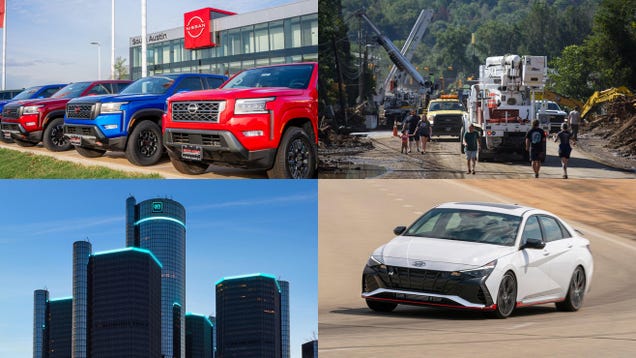Nissan’s Current Challenges: An In-Depth Analysis
Understanding Nissan’s Sales Decline
Nissan, once a powerhouse in the automotive industry, is currently facing significant challenges that have raised concerns among investors, analysts, and consumers alike. Recent reports have highlighted disappointing global sales figures, leading many to speculate about the company’s future viability. In the first quarter of the fiscal year, Nissan’s sales fell short of expectations, prompting fears that the automaker may struggle to meet its annual targets. This decline can be attributed to several factors, including market competition, supply chain disruptions, and shifting consumer preferences.
The Impact of Market Competition
One of the primary reasons for Nissan’s struggles is the fierce competition in the automotive market. With the rise of electric vehicles (EVs) and the increasing presence of new entrants, traditional automakers are under pressure to innovate and adapt. Companies like Tesla have set high standards for performance and technology, forcing established brands to rethink their strategies. Nissan, which was once a leader in the EV space with its Leaf model, has seen its market share eroded by competitors who have introduced more advanced and appealing electric options.
Moreover, the global automotive market is experiencing a seismic shift towards sustainability. Consumers are increasingly prioritizing eco-friendly vehicles, and automakers that fail to keep pace with this trend risk losing relevance. Nissan’s current lineup may not resonate with environmentally conscious buyers, which could further exacerbate its sales decline.
Supply Chain Disruptions and Their Consequences
The COVID-19 pandemic has had a lasting impact on supply chains worldwide, and Nissan is no exception. The semiconductor shortage has particularly affected the automotive industry, leading to production delays and reduced inventory. As a result, Nissan has struggled to meet consumer demand, which is critical for maintaining sales momentum. The inability to deliver vehicles in a timely manner not only frustrates potential buyers but also tarnishes the brand’s reputation.
Additionally, logistical challenges have compounded the issue. Rising shipping costs and port congestion have made it difficult for Nissan to distribute vehicles efficiently. These supply chain disruptions have created a perfect storm, contributing to the company’s disappointing sales figures and raising concerns about its ability to recover in the near future.
Shifting Consumer Preferences: What Do Buyers Want?
Today’s consumers are more informed and discerning than ever before. They seek vehicles that not only meet their practical needs but also align with their values. This shift in consumer preferences has put pressure on Nissan to adapt its offerings. The demand for SUVs and crossovers has surged, while traditional sedans have seen a decline in popularity. Nissan’s product lineup must reflect these changing preferences to regain market traction.
Furthermore, the rise of technology-savvy consumers means that features such as advanced safety systems, connectivity, and autonomous driving capabilities are no longer optional but expected. Nissan must invest in research and development to ensure its vehicles are equipped with the latest technology, or risk falling further behind its competitors.
Strategies for Recovery: What Lies Ahead for Nissan?
Despite the challenges it faces, there are pathways for Nissan to regain its footing in the automotive market. First and foremost, the company must prioritize innovation, particularly in the EV sector. By investing in new electric models and enhancing the existing Leaf, Nissan can re-establish itself as a leader in sustainable transportation.
Additionally, strengthening supply chain relationships and diversifying suppliers can mitigate the impact of future disruptions. By building a more resilient supply chain, Nissan can improve its production capabilities and better meet consumer demand.
Lastly, engaging with consumers through targeted marketing and feedback mechanisms can help Nissan understand what buyers truly want. By aligning its product offerings with consumer preferences, the company can foster brand loyalty and drive sales.
In summary, while Nissan is currently navigating a challenging landscape, there are opportunities for recovery. By focusing on innovation, supply chain resilience, and consumer engagement, the automaker can work towards regaining its competitive edge in the evolving automotive market.

